detail profile marius bodochi
Peran Yang Di Mainkan Marius Bodochi
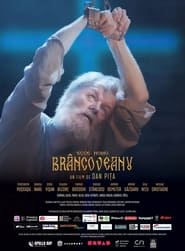 A parable about honor and true...
A parable about honor and true...Ecce Homo Brâncoveanu 2024
A parable about honor and true character, inspired by the reality of the 18th century. Constantin Brâncoveanu preferred to be beheaded in Constantinople alongside his four sons - Constantin, Stefan, Radu, and Matei - as well as by his counselor Ianache Vacarescu, instead of renouncing the Christian faith.
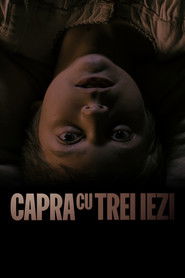 Secluded from the world a single...
Secluded from the world a single...The Goat and Her Three Kids 2022
Secluded from the world, a single mother of three must defend what's left of her family from a cold-blooded killer, at all costs.
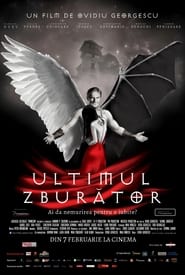 A classic Romanian legend other than...
A classic Romanian legend other than...The last incubus 2014
A classic Romanian legend, other than the world-wide known myth of Dracula, brought to a modern fantasy love story.
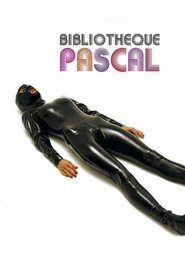 A single mothers struggle to support...
A single mothers struggle to support...Bibliothèque Pascal 2010
A single mother's struggle to support her child leads her into the surreal netherworld of illegal sexual enterprises, with her finally ending up in the Bibliothèque Pascal; an elegant but bizarre house of prostitution in which men can re-enact sexual scenarios inspired by great works of literature for a hefty fee.
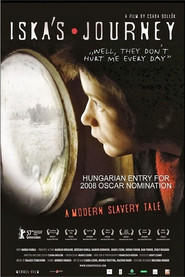 A young girl is taken to...
A young girl is taken to...Iska's Journey 2007
A young girl is taken to an orphanage, which she hopes to flee.
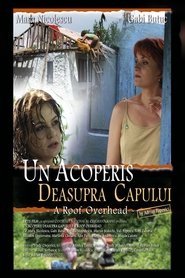 The decision taken by the hospitals...
The decision taken by the hospitals...A Roof Overhead 2006
The decision taken by the hospitals council board of early releasing the neurotics and depressed, throw Mona 36 and Cathy 30 in the real world, a world which cannot offer them any place to live except a little house, without a roof , situated at the edge of the country , in the Danube Delta. It's Mona's grandparents house, but both of them are dead. Their arrival triggers weird reactions on behalf of the villagers because they have big plans: to sell the village to a very rich man who own a football team and a political party who wants to turn the place into a luxurious resort. Could Mona and Cathy resist to the villagers reactions? Could they find a place to live in this world?
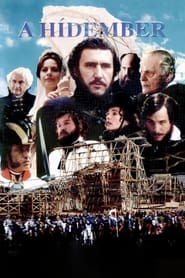 This epic story takes place between 1820...
This epic story takes place between 1820...The Bridgeman 2002
This epic story takes place between 1820 and 1860 during the Habsburg Monarchy, and portrays the life one of the greatest Hungarian aristocrats - Count Széchenyi - who was born with extra-ordinary mental and spiritual talents. In the years following the fall of Napoleon the young count Széchenyi irresponsibly seduces his brother's wife, and the consequent scandal ruins his career as an army officer. After the sudden death of his humiliated lover Count Széchenyi drastically changes his character from that of a shallow young man into a responsible nobleman seeking to conquer his fate by creating great achievements in his remaining life.
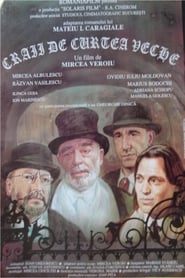 A subtile soft exploration of the...
A subtile soft exploration of the...The Idle Princes of the Old Court 1995
A subtile, soft exploration of the relation between love and death.
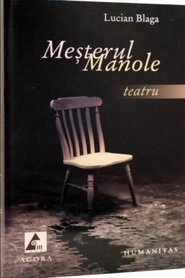 Inspired by Lucian Blagas eponymous dramatic...
Inspired by Lucian Blagas eponymous dramatic...The Master Builder Manole 1993
Inspired by Lucian Blaga's eponymous dramatic work written in 1927, the story follows the life of the legendary master Manole and his team of builders who are hired to construct a monastery in a remote and inaccessible area. As the construction progresses, Manole faces various challenges and obstacles, as well as the pressure to create a durable and beautiful building. As the work progresses, Manole finds himself in the midst of a dilemma: in order to reinforce the construction, he is forced to sacrifice something very dear to him. This act of sacrifice is central to the story and raises profound themes such as art, devotion, and the human limits of sacrifice.

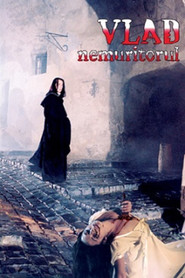 Romanian film version of Vlad the...
Romanian film version of Vlad the...